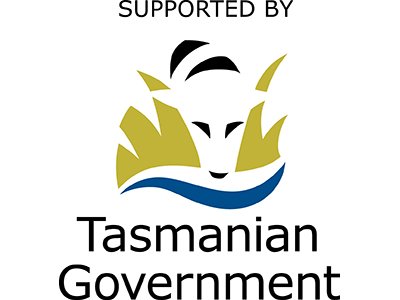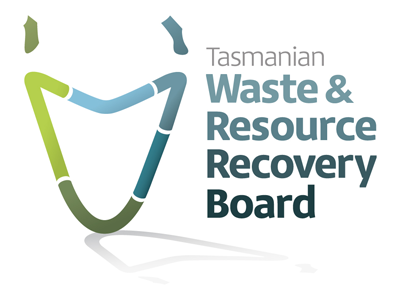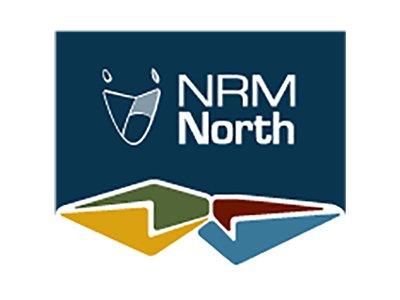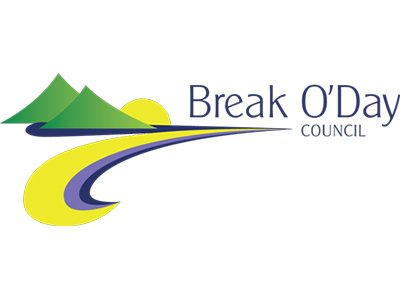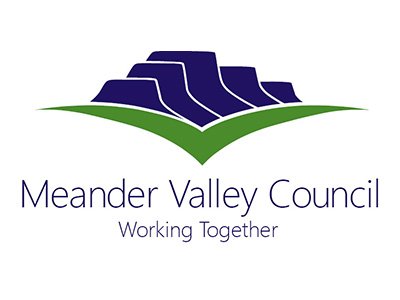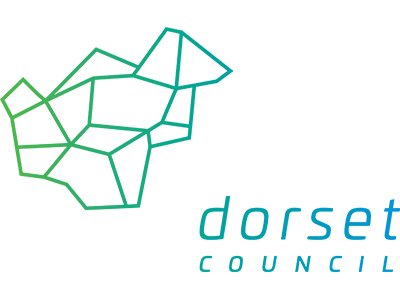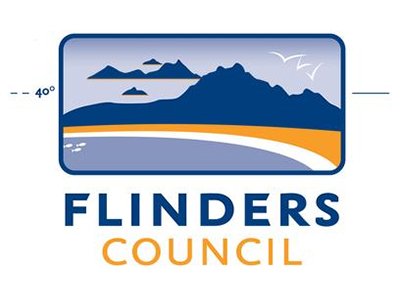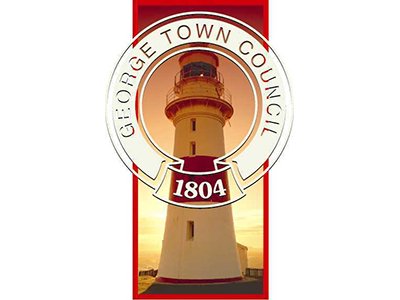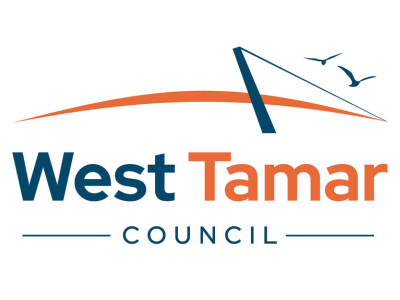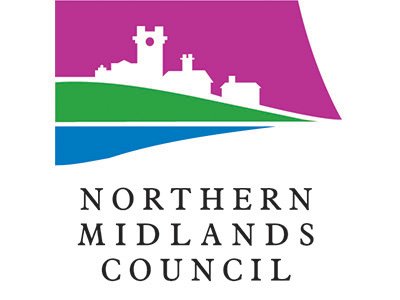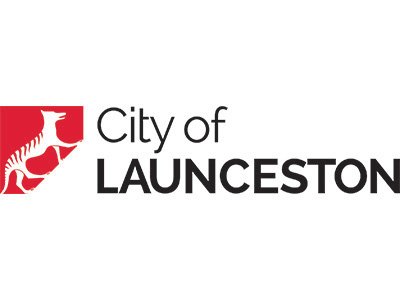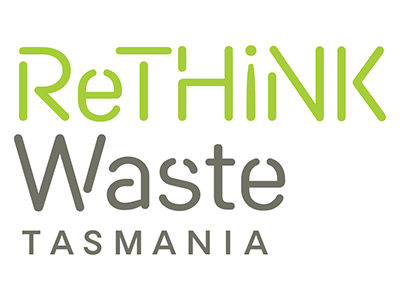Waste NoT Awards
The Waste NoT Awards aim to recognise and celebrate individuals, schools, businesses, and communities across northern Tasmania who are taking practical steps to reduce waste, recover resources, and support a more circular economy.
Application status - CLOSED
Applications for the Waste NoT Awards are currently CLOSED.
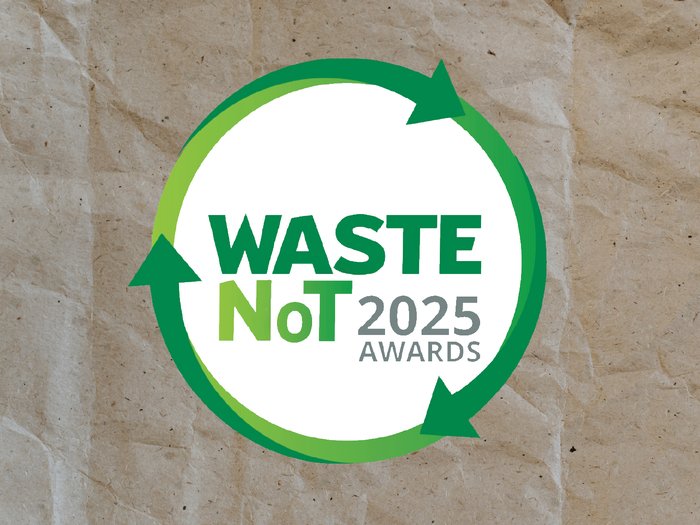
Waste NoT Awards 2025
Background
Background
These awards celebrate individuals, groups, and organisations who have taken meaningful steps to change the way they manage waste. From waste avoidance and education initiatives to recycling, re-invention, and upcycling, the awards highlight a wide range of efforts that contribute to a more circular future. They also serve to raise awareness and encourage better resource recovery practices across the broader community.
Award categories
Award categories
There are six award categories, plus an overall winner. One recipient will be selected as the winner of each category. Entry is free for all applicants. The categories are as follows:
- Waste NoT Award primary school
- Waste NoT Award secondary / tertiary school
- Waste NoT Award small / medium organisations – under 150 employees
- Waste NoT Award large organisations – over 150 employees
- Waste NoT Award not-for-profit/community groups
- Waste NoT Award local government
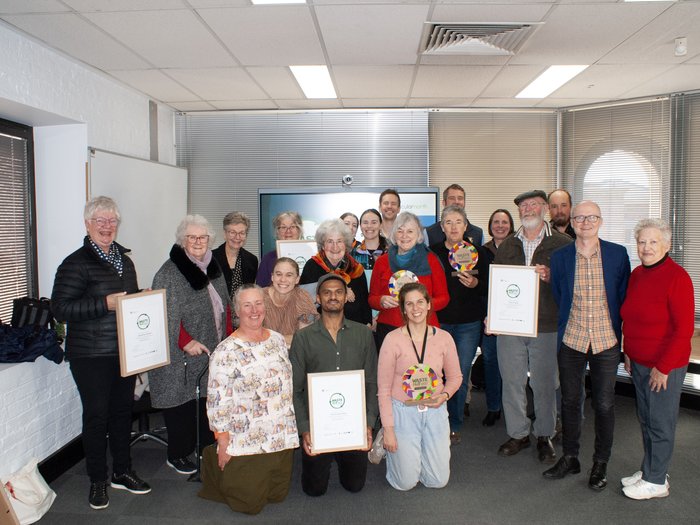
Winners and runners up at the Waste NoT Awards 2025 award ceremony
Waste NoT Award winners 2025
A total of $3,500 in prizes was awarded as part of the Waste NoT Awards 2025. In addition, each category winner received a trophy crafted by Think Big Printing with recycled materials.
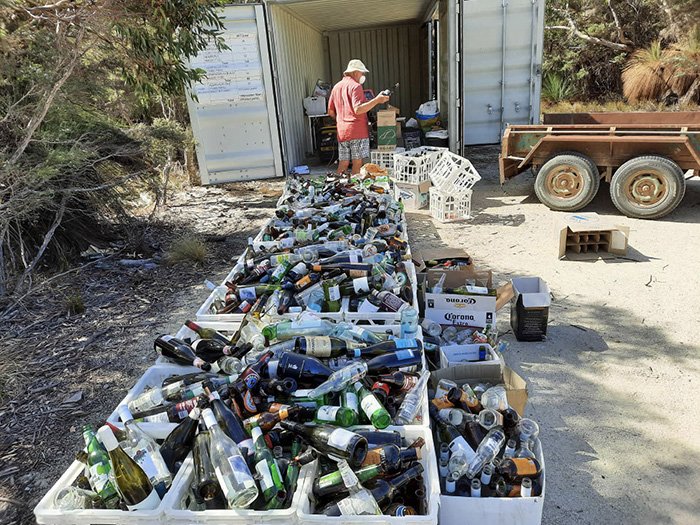
A collection of bottles and jars awaits crushing by WRAPS Association members at the Killiecrankie Transfer Station.
Overall winner: WRAPS Association
Overall winner: WRAPS Association
On Flinders Island, a pioneering community initiative is turning glass waste into a valuable local resource, with the WRAPS (Waste Reducing Activities by Producing Solutions) Association’s Northern Glass Crushers project taking the not-for-profit/community group category and receiving the top honour as overall winner at the 2025 Waste NoT Awards.
Based at Killiecrankie, the project has seen more than 42,000 bottles and jars, equivalent to 14.5 tonnes, diverted from landfill since late 2021, transforming them into aggregate for concrete, driveways, drainage, gardens, and paths. The project is entirely community-driven, with 185 volunteer hours contributed since September 2023, and ongoing support through donations of generator fuel and equipment.
WRAPS Secretary Anne Rae said the project’s success is a testament to local commitment and collaboration.
“This project was developed by a local community who wished to contribute to finding a solution to the waste we generate in the village of Killiecrankie. It now also serves the small villages at Palana and West End, who use the transfer station for waste disposal,” Anne said.
The project’s major partner, Flinders Council, has provided grants for a generator, consumable parts, and a shipping container to house the equipment. Council officers have also provided ongoing advice and assistance.
Flinders Council’s Community Services Coordinator, Sammi Gowthorp, said the Northern Glass Crushers project is a standout example of community-led environmental action in a remote context.
“This effort has directly reduced pressure on Council’s waste systems, saved on transport and emissions, and created a new circular use for a previously problematic waste stream,” Sammi said.
The Northern Glass Crushers project is proof that with local leadership and a shared vision, even the smallest communities can create big solutions for waste and sustainability.
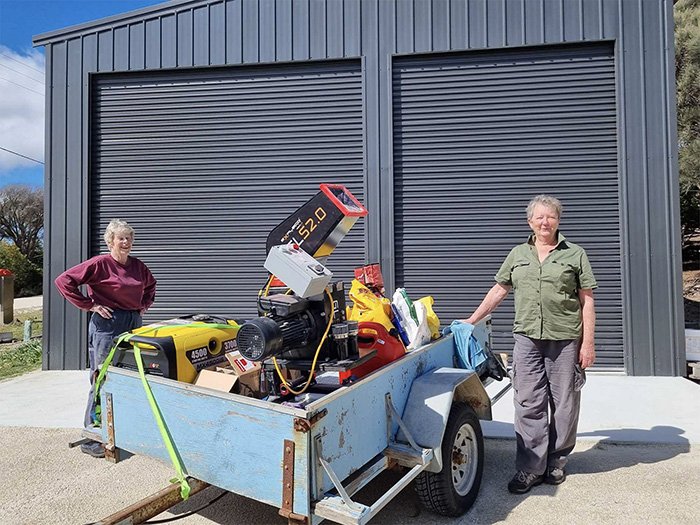
The Northern Glass Crushers project thrives thanks to the dedication of volunteers and generous donations, such as the trailer shown in this photo.
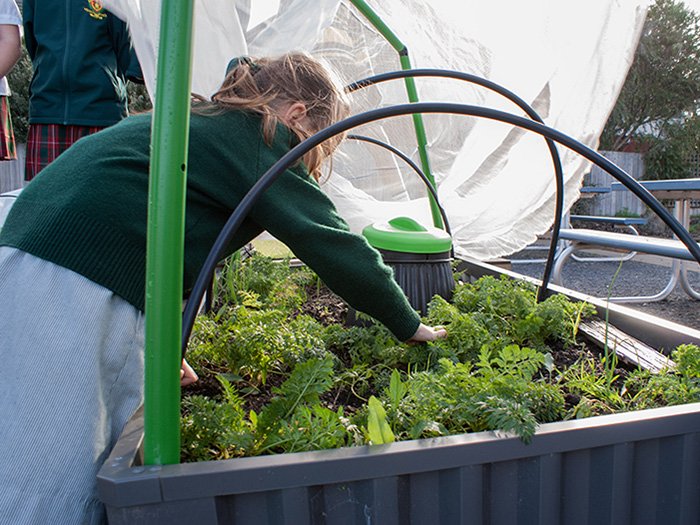
Our Lady of Mercy Catholic School has installed sixteen worm-buffets in garden beds to process food waste on-site.
Primary winner: Our Lady of Mercy Catholic School
Primary winner: Our Lady of Mercy Catholic School
In Deloraine, Our Lady of Mercy Catholic School is leading by example with its ‘Worming up to Sustainability’ project, which was recognised as the Primary school category winner at the 2025 Waste NoT Awards.
Launched at the start of the school year, the initiative tackles a lack of FOGO (Food Organics, Garden Organics) service by managing food waste on-site. Sixteen in-garden worm buffets, and two large worm factories now process food scraps from classrooms, staff, and the canteen. The resulting worm castings and tea enrich the school’s kitchen garden and will soon support chemical-free growing in the wider community.
A student-led Green Thumb Team collects and processes food waste twice a week—fostering leadership, teamwork, and environmental responsibility. Their efforts divert waste from landfill, lower the school’s carbon footprint and promote sustainable habits.
Designed to be simple and low-cost, the model is easy for other schools and groups to adopt and grow. Our Lady of Mercy’s shows student-led action can deliver real social, environmental, and economic benefits.
Primary runner up: Summerdale Primary School
Primary runner up: Summerdale Primary School
Summerdale Primary School’s Stop School Waste! recycling project was runner-up in the Primary School category at the 2025 Waste NoT Awards.
Focused on reducing hard plastic office materials going to landfill, the project targets commonly used items like textas, pens and whiteboard markers. Recognising that each student uses an average of six items per year, these materials are collected in clearly marked boxes within the classroom and taken to Officeworks for recycling.
Based on past year’s usage, it’s predicted the project will divert approximately 200 kg of hard plastics from landfill each year. Through this simple but effective system, students are learning the value of circular resource use and how everyday actions can reduce landfill and support a more sustainable future.
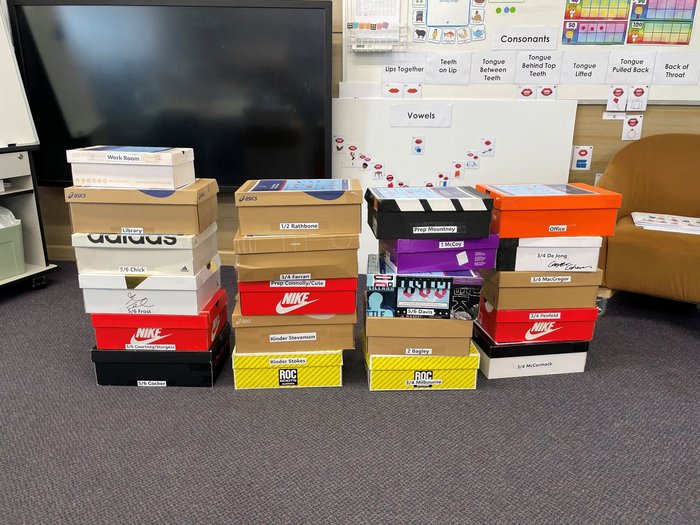
Repurposed shoeboxes collect hard plastic office materials from each classroom for recycling.
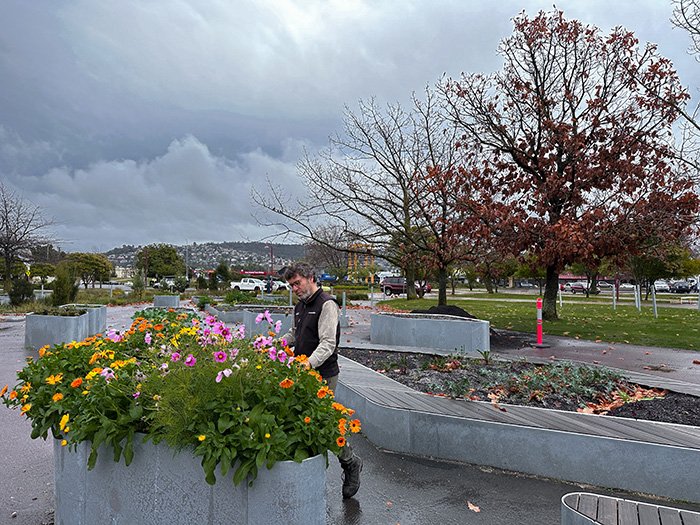
Community gardens at the University of Tasmania Inveresk campus contribute to the university’s vision of a circular economy.
Secondary / Tertiary winner: University of Tasmania
Secondary / Tertiary winner: University of Tasmania
The University of Tasmania took out the Secondary / Tertiary category at the 2025 Waste NoT Awards with their project Closing the Loop on Circularity at UTAS.
Guided by their Waste Minimisation Action Plan 2021–2025, the university has reduced waste to landfill by 41% as of 2024. A strong reuse culture underpins the approach—furniture and equipment from across campuses are repurposed for new builds and refurbishments, with any surplus resources are donated or broken down for recyclable parts. Organics are collected for composting, and a range of recycling options, including for hard-to-recycle items, support a visible, campus-wide commitment to a zero-waste future and a thriving circular economy.
Secondary / Tertiary runner up: Exeter High School
Secondary / Tertiary runner up: Exeter High School
Exeter High School was named runner-up in the Secondary / Tertiary category for their innovative use of biochar to reduce waste and improve soil health.
Their on-site biochar kiln transforms pruned branches and dry garden waste into a valuable soil amendment, diverting organic material from landfill and reducing atmospheric carbon if it was otherwise burnt. Students are hands-on in the process—learning how to produce, enhance, and apply biochar on the Exeter High School farm. The project not only boosts soil structure and water retention but also provides a practical learning opportunity in sustainable farming and waste reduction.
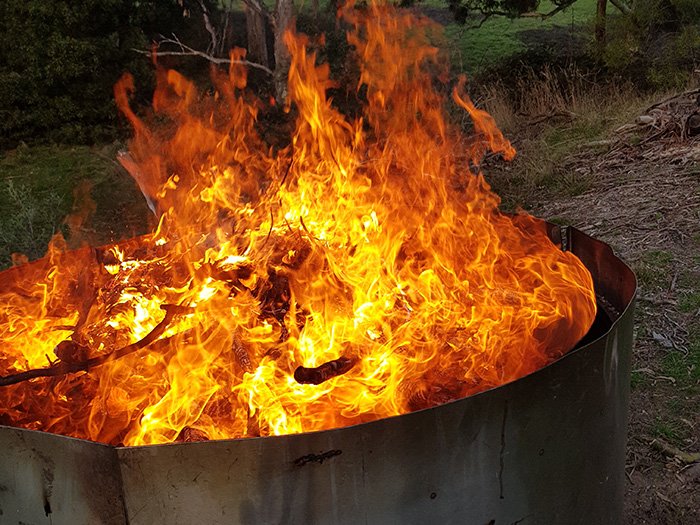
The on-site biochar kiln transforms dry garden waste into a valuable product that boosts soil structure and water retention.
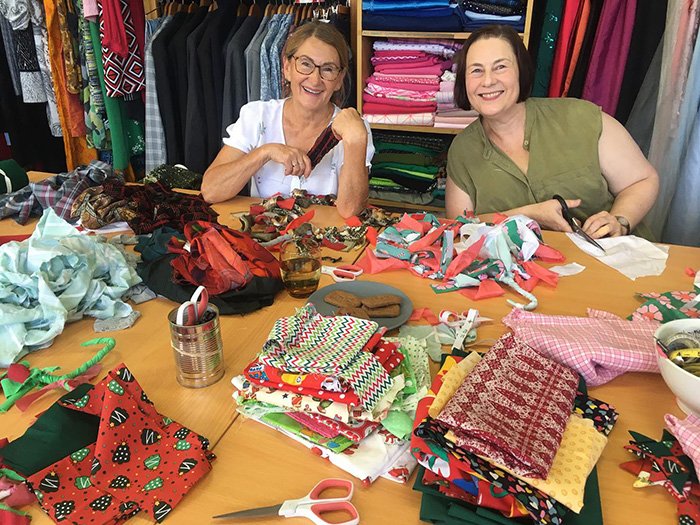
Using circular economy principles, The Redress Hub reuses, repairs, remakes, and resells to extend the life of clothing.
Small / medium organisation winner: The Redress Hub
Small / medium organisation winner: The Redress Hub
Winner of the small / medium organisation category at the 2025 Waste NoT Awards, The ReDress Hub is a trailblazing social enterprise transforming the way the community engages with fashion. Since launching in 2022, it has championed circular economy principles—reuse, repair, remake, and resale—to extend the life of clothing, reduce textile waste and emissions, and promote sustainable behaviour change from a grassroots level.
Offering a fully integrated model under one roof, the Hub hosts workshops, “sewcials,” and the ReDressed ReFashion Show to educate and inspire. With second-hand fashion swaps, upcycled designer pieces, formalwear hire, and textile reuse supplies, it’s also a go-to for circular strategy support for local businesses. More than a shop, The ReDress Hub is a movement reshaping how we consume, create, and care for clothing.
Small / medium organisation runner up: Fork it Farm
Small / medium organisation runner up: Fork it Farm
Runner-up in the Small / Medium Organisation category, Fork it Farm Farmstay offers guests a unique off-grid experience that blends comfort, sustainability, and a close connection to nature, near Lebrina in northern Tasmania.
Since launching in 2020, the farm has developed extensive food and ornamental gardens, orchard poly tunnels, and a generous supply of home-grown produce, including vegetables, herbs, meats, and small goods made on-site. The accommodation is powered by solar and battery systems, and rainwater tanks supply drinking and garden water. Compost bins, a worm farm, beehives, and a biochar urn support a closed-loop system, while any additional food is sourced locally to reduce food miles and eliminate waste to landfill. Fork it Farm is a shining example of low-impact living in northern Tasmania.
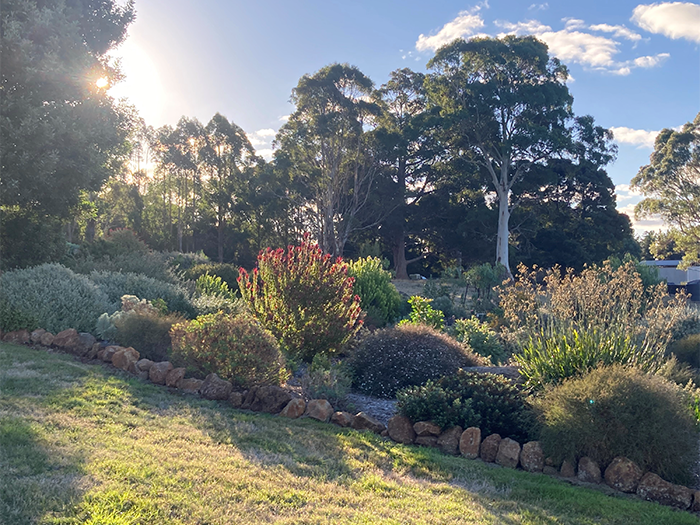
Just under 1 ha in area, the Fork it Farm gardens and nearby native bushland attract native wildlife and bird species.
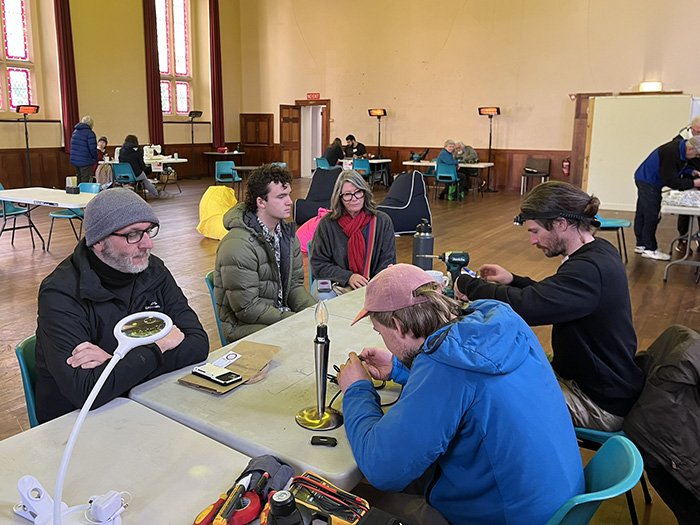
Volunteers collaborate with others in the community to help repair damaged and broken items, and pass on knowledge and skills.
Local government winner: City of Launceston
Local government winner: City of Launceston
The City of Launceston won the local government category for the council led Repair Café—a community-driven initiative challenging throwaway culture through practical action.
Launched in April 2024 with support from the Tasmanian Waste and Resource Recovery Board, the Café hosts monthly events where volunteers help repair items brought in by locals—keeping valuable materials in use and out of landfill. The welcoming space also features a crop swap table, along with tea, coffee, and snacks to encourage connection and conversation. By promoting repair and reuse, the initiative empowers the community to make more sustainable choices and reduce waste together.
Not for profit / community group runner up: Blooming Together Inc
Not for profit / community group runner up: Blooming Together Inc
Runner-up in the Not-for-Profit / Community Group category, Blooming Together Inc. is a West Tamar-based charity making a big impact through small, community-focused actions.
Founded in 2024 by three local women, the organisation runs a retail store that supports initiatives across environment, education, the arts, and health and wellbeing. Operating on circular economy principles, the store sells donated goods and sustainably sourced items, with 100% of profits reinvested into the local community. In its first year alone, Blooming Together has supported twelve local projects—showing how grassroots action can drive meaningful, lasting change.
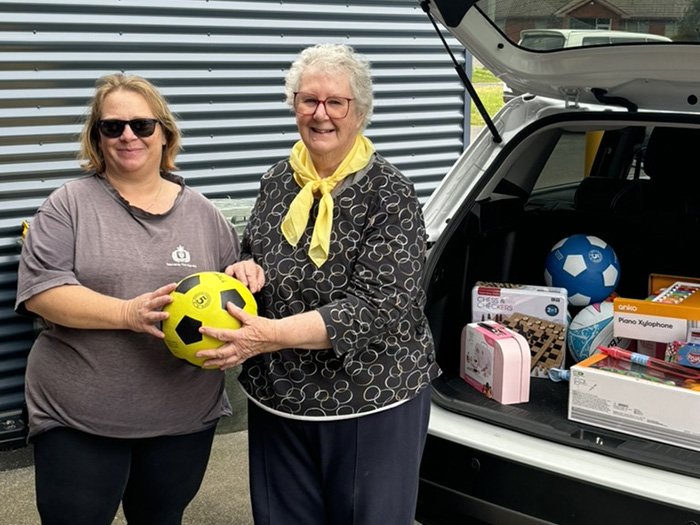
The Beaconsfield Fire Brigade’s Christmas toy appeal is one of twelve projects that Blooming Together have supported in their local community.
Partners
Circular North is supported by the Tasmanian Waste and Resource Recovery Board, which is funded by the Tasmanian Government.
Partners
Circular North is supported by the Tasmanian Waste and Resource Recovery Board, which is funded by the Tasmanian Government.
